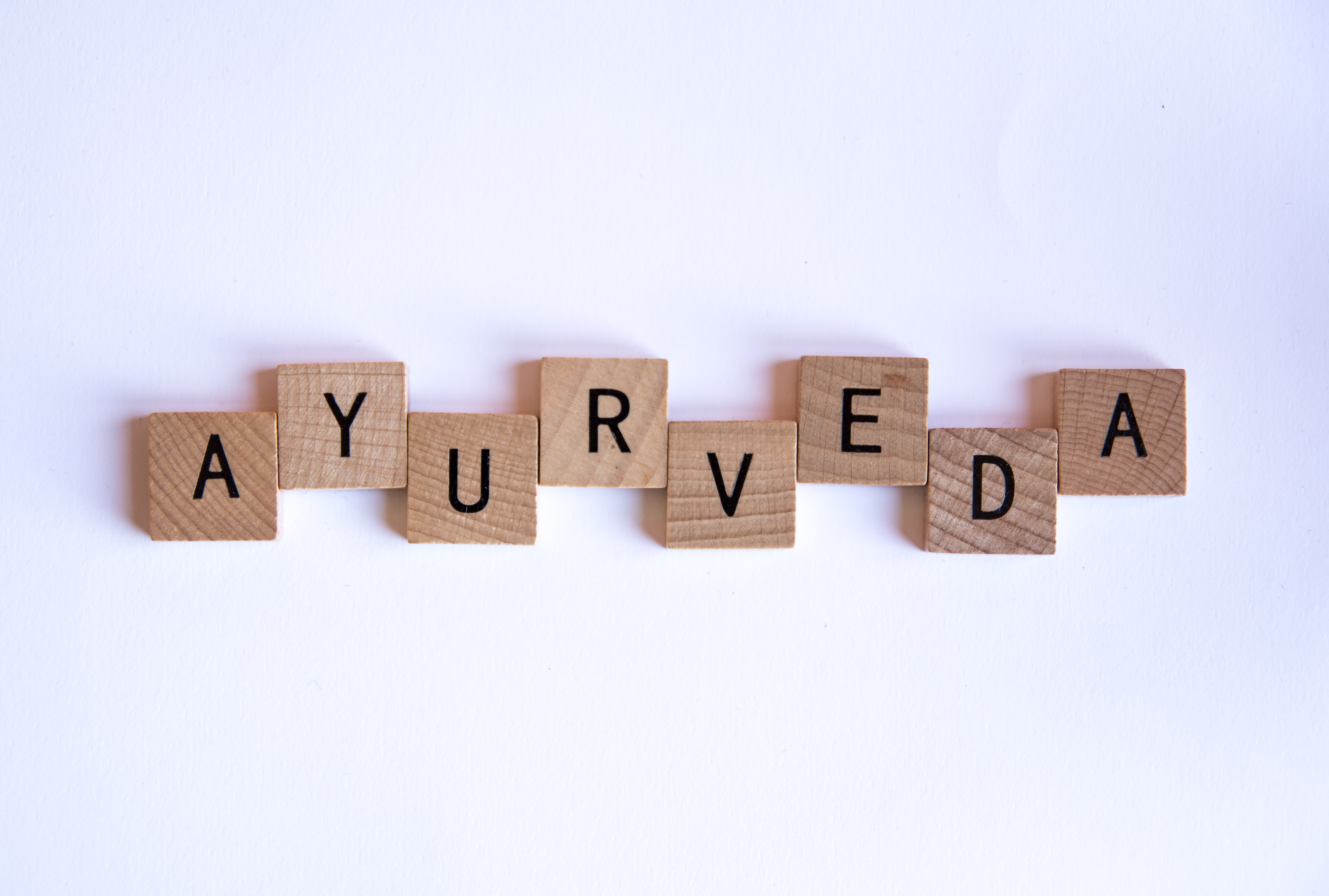Thinking about old-time medicine can be intimidating. In the 19th century, mothers would often calm their infants with Mrs. Winslow’s Soothing Syrup, a formula primarily composed of morphine and alcohol. Doctors didn’t hesitate to prescribe heavy metals like arsenic and mercury, and pharmaceutical companies featured drugs such as opium, heroin, and cocaine in their products.
However, not all old-time medicine is necessarily dangerous or irrelevant to contemporary healthcare. In fact, one system of medicine, originating in India at least 3000 years ago, has actually persisted to modern day. This system is called Ayurveda, translating to “life-science” or “life-knowledge” in Sanskrit.
Image Source: Dinodia Photos
According to the National Center for Complementary and Integrative Health (NCCIH), Ayurveda is still widely practiced in India as well as Southeast Asia. This medical system operates on the premise that the body needs to maintain a balance between its three doshas, or elements: vata (motion), pitta (metabolism), and kapha (growth). It is believed that illness arises when factors such as stress or improper diet upset an individual’s elemental balance.
To treat illness, Ayurvedic practitioners determine a patient’s prakruti, or ideal elemental constitution, and prescribe dinacharya (daily routines) and ritucharya (seasonal routines) designed to restore the patient’s physical health, mental health, and spiritual harmony. Prescribed treatments can include pranayama (breathing exercises), abhyanga (oil massages), meditation, yoga, special diets, and herbal medicines. For example, Sai Ayurvedic College recommends that gout patients adopt a high-fiber and low-protein diet, take herbal medicines to soothe aggravated pitta, and engage in moderate exercise, yoga, and abhyanga.
Image Source: Herve BRUHAT
It is difficult to comment on the efficacy of Ayurveda as there have been few proper clinical trials of Ayurvedic approaches. On the whole, it seems that the system works to relieve stress and ease pain. It may help in preventing and managing heart disease as well as alleviating the symptoms of rheumatoid arthritis. However, the NCCIH notes that the herbal medicines used in Ayurveda can have side effects and may not mix well with Western medicines. PBS Frontline also reports that traces of dangerous metals have been found in some South Asian Ayurvedic products.
While criticisms of Ayurveda exist, some Western physicians believe it has great potential as a complementary system of medicine. Dr. Daniel Furst, director of clinical research at UCLA’s David Geffen School of Medicine, tells The Hindu that “There is a major push for study on Ayurveda in the US…. It will gain credibility if adequately tested and will be used more.” Ayurveda can truly have healing effects, but it needs to receive clearance from Western medicine if it is to be successfully integrated into modern-day healthcare.
Feature Image Source: PracticalCures.com










